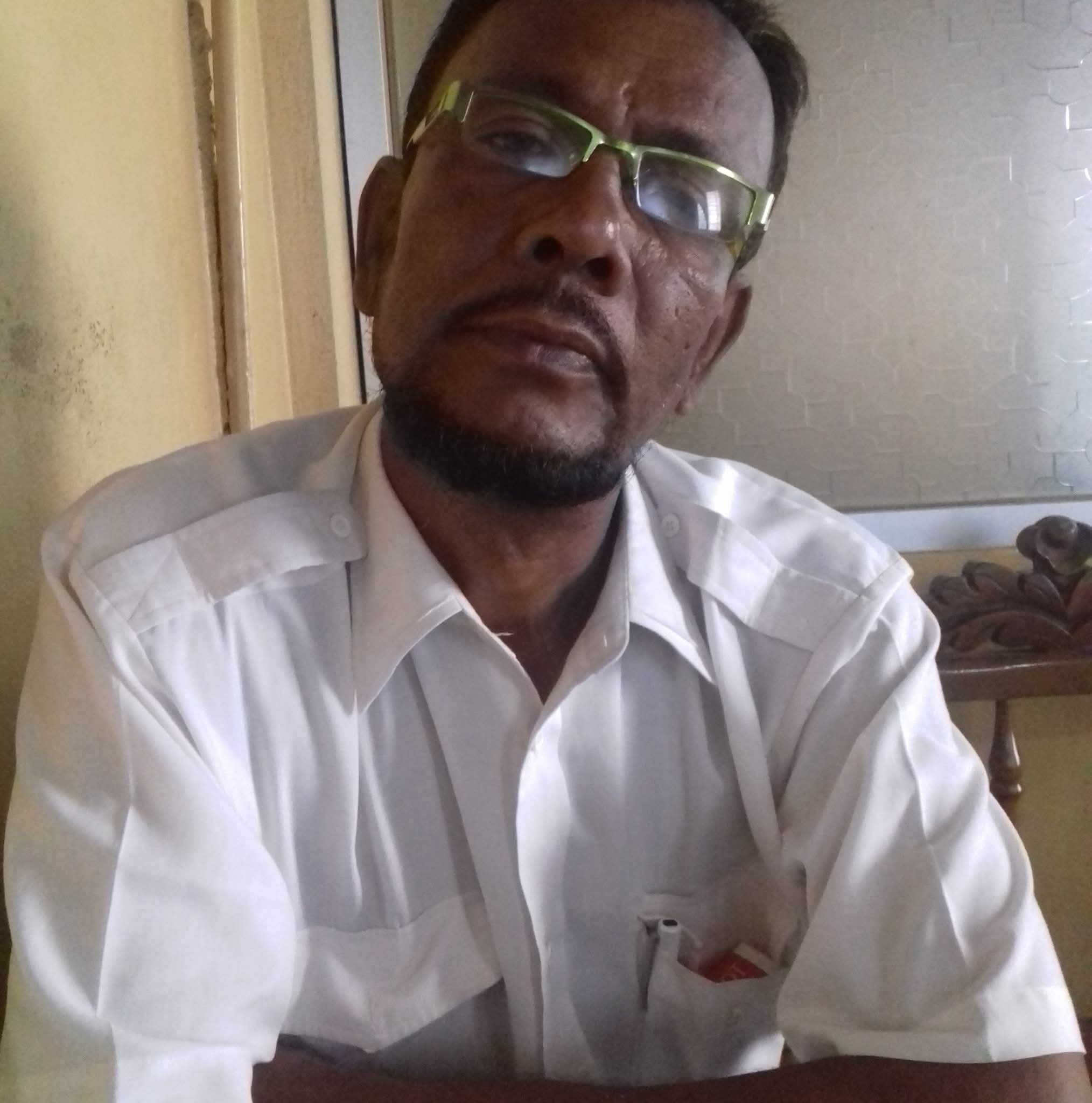Heat Dangers Heat Stroke: What To Do To Avoid Risks
A severe heatwave is gripping the country, posing a risk to everyone. The soaring temperatures can lead to various health hazards, including heatstroke, heat cramps, and heat exhaustion.
Particularly at risk are:
- Children
- Elderly people
- Laborers (rickshaw pullers, farmers, construction workers)
- Overweight individuals
- People with high blood pressure and heart disease
Symptoms of heatstroke:
- Rapid rise in body temperature
- Dizziness and severe headache
- Decreased sweating
- Hot and dry skin
- Muscle weakness and cramps
- Nausea and vomiting
- Increased heart rate
- Difficulty breathing
- Mental confusion
- Seizures
In this situation, follow these advisories during the intense heatwave:
To avoid heatstroke:
- Avoid the sun as much as possible, especially between 11 am and 3 pm.
- Use an umbrella, hat, or cap to cover your head when going outdoors.
- Wear loose-fitting, light-colored cotton clothing.
- Drink plenty of water and lemon juice to prevent dehydration.
- If you have to stay in the heat for extended periods, drink saline solution.
- Avoid strenuous physical labor during the day if possible.
- Take baths regularly, or multiple times if possible.
- Eat easily digestible food. Avoid stale or roadside food.
- Try to stay in the shade for most of the day.
- Keep your home environment cool.
- If you feel severely unwell, consult a doctor immediately.
- Plant trees to save the environment.
Additional Tips:
- Keep an eye on children, the elderly, and those at high risk.
- Make sure you have enough water and electrolytes at home.
- Avoid alcohol and sugary drinks, which can worsen dehydration.
- Be aware of the signs of heatstroke and seek medical attention immediately if necessary.
Stay safe and stay hydrated during this intense heatwave.
Remember:
- Heatstroke is a medical emergency. If you or someone you know is experiencing heatstroke, seek immediate medical attention.
- Prevention is key. By following the above precautions, you can significantly reduce your risk of heatstroke and other heat-related illnesses.











